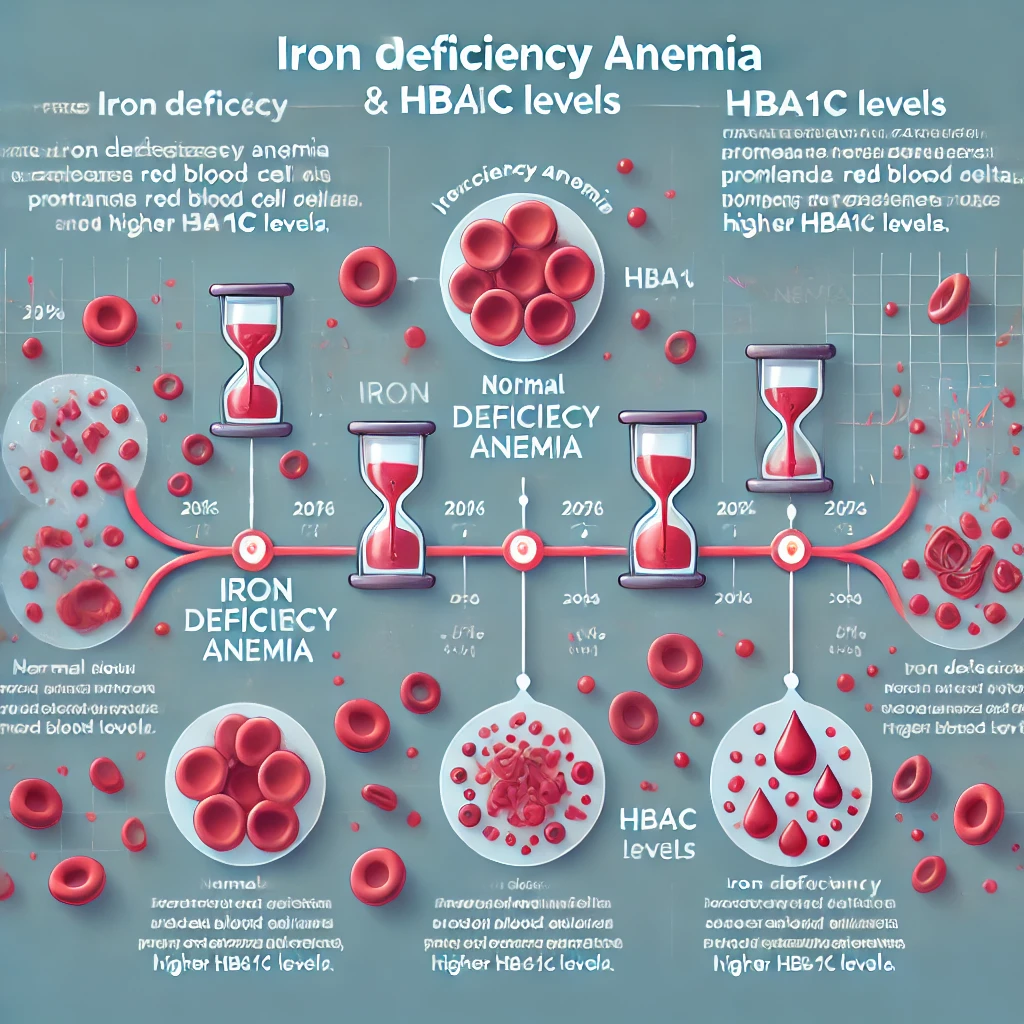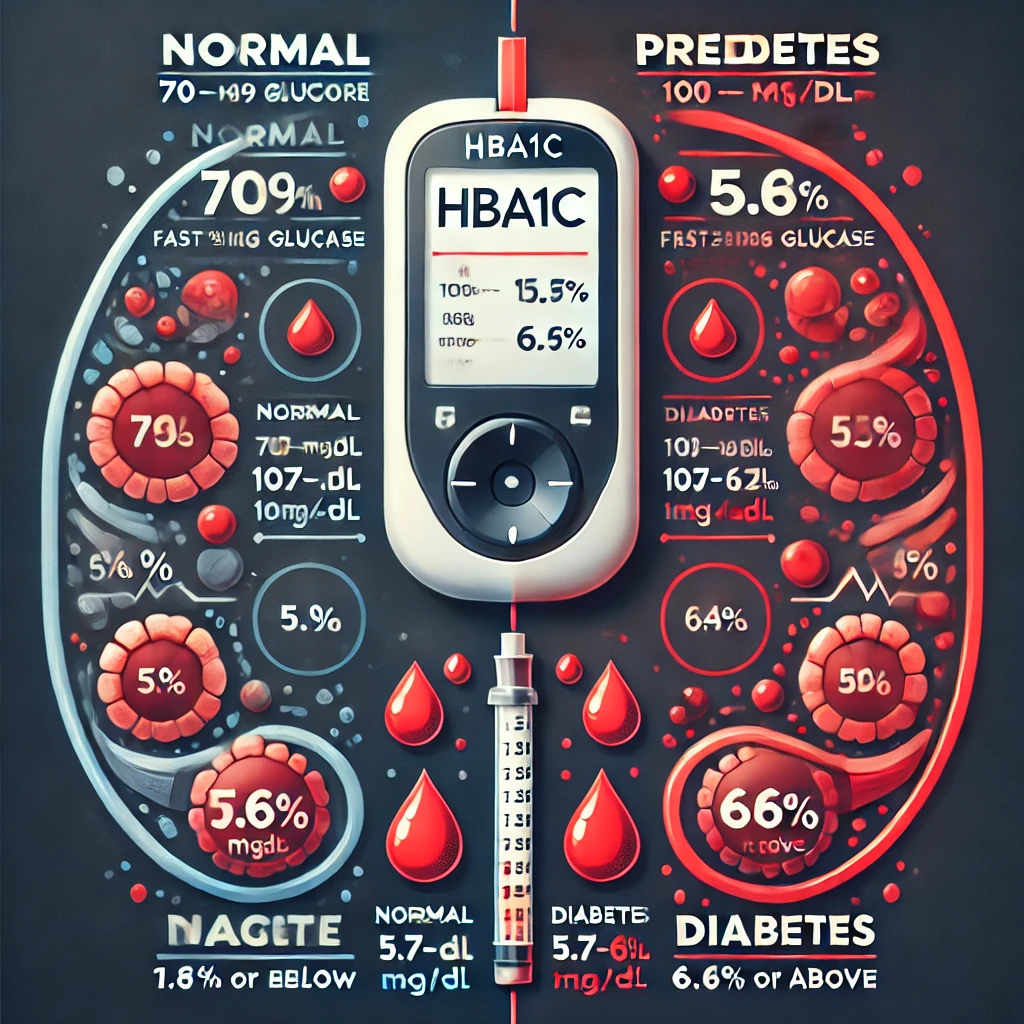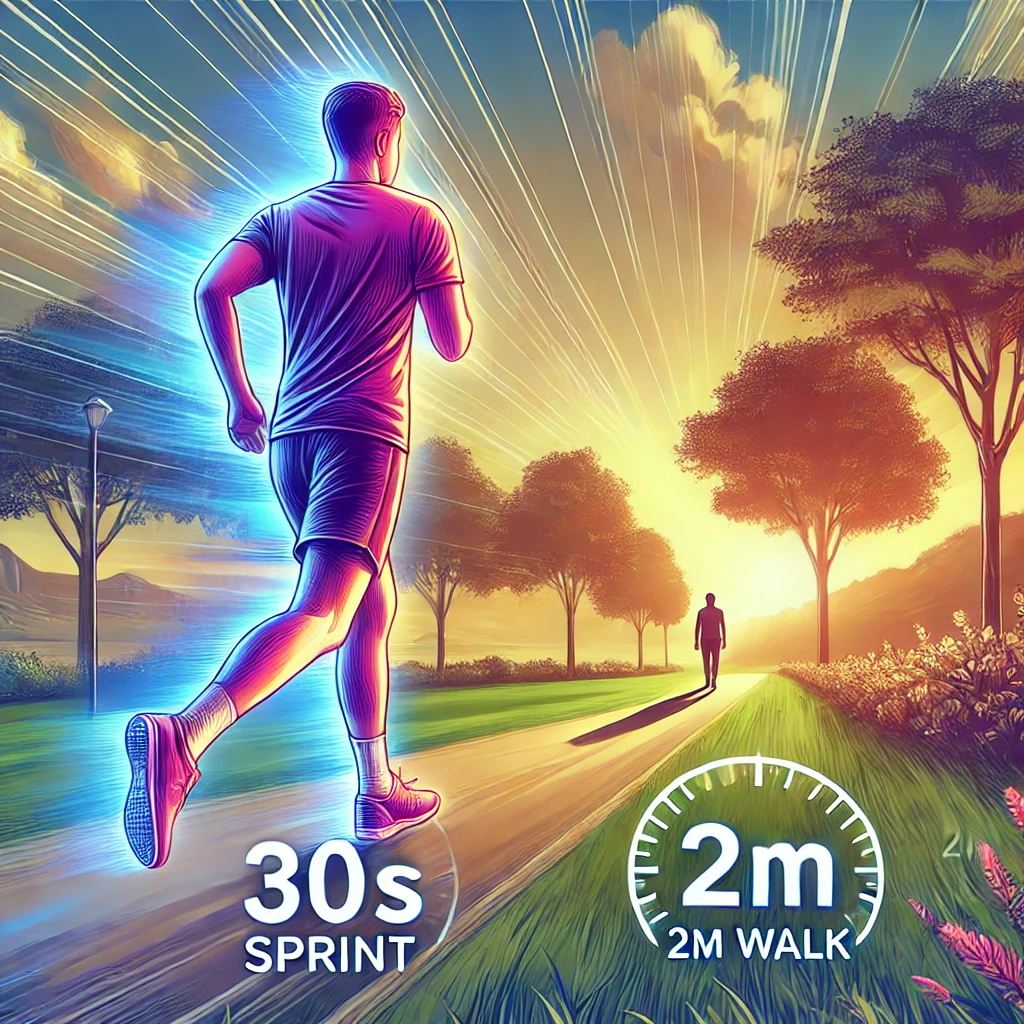How HbA1c test diabetes misdiagnosis
HbA1c test diabetes misdiagnosis HbA1c testing is a widely used method for diagnosing and managing diabetes as it reflects average blood glucose levels over the past two to three months. However, in certain conditions, this… How HbA1c test diabetes misdiagnosis


